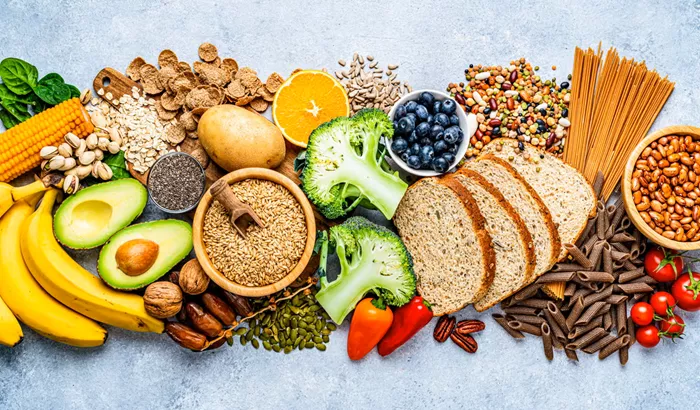A recent study published in Nature Microbiology reveals that consuming more fiber, found in foods like whole grains, vegetables, and fruits, may help protect against dangerous bacteria, including E. coli, in the gut.
The gut microbiome, which includes a diverse range of microbes such as bacteria, fungi, and viruses, varies greatly between individuals. The study suggests that high-fiber foods, such as vegetables, beans, and grains, may support the growth of beneficial bacteria and help protect against harmful microorganisms.
The study, which used stool samples from 65 studies across 45 countries, confirmed that gut microbiomes play a role in determining whether harmful bacteria, like E. coli, dominate the digestive system.
Dr. Walter Willett, a professor at the Harvard T.H. Chan School of Public Health, acknowledged the study’s significance but pointed out that more research is required to confirm the direct impact of fiber on bacteria susceptibility. He emphasized that fiber is already proven to support various aspects of health, including diabetes management, weight control, and heart health.
Experts recommend that adults consume at least 30 grams of fiber daily. However, most Americans only manage to consume about 58% of the recommended intake. Fortunately, following a few simple guidelines, such as opting for whole grains and eating a variety of fruits and vegetables, can help ensure adequate fiber intake.
Examples of fiber-rich foods include:
- Unsweetened bran cereal (14 g per ½ cup) vs. toasted oat cereal (3 g per cup)
- Lima beans (13.2 g per cup) vs. asparagus (2.9 g per cup)
- Pumpkin seeds (5.2 g per ounce) vs. hazelnuts (2.8 g per ounce)
- Raspberries (8 g per cup) vs. blueberries (3.6 g per cup)
Dr. Daniel Freedberg, a gastroenterologist at Columbia University, noted that while the study does not prove that fiber directly increases beneficial bacteria, there is significant evidence showing that most people consume far too little fiber. He believes increasing fiber intake would benefit those with gastrointestinal conditions like constipation and diarrhea, and may protect the colon from damage caused by unhealthy diets.
Read more:
- Nicotine Pouch Use Among Soldiers Significantly Higher Than Civilians
- Study Finds Red Meat Consumption Linked To Higher Dementia Risk
- The Health Benefits Of Cashews: Why Moderation Is Key


